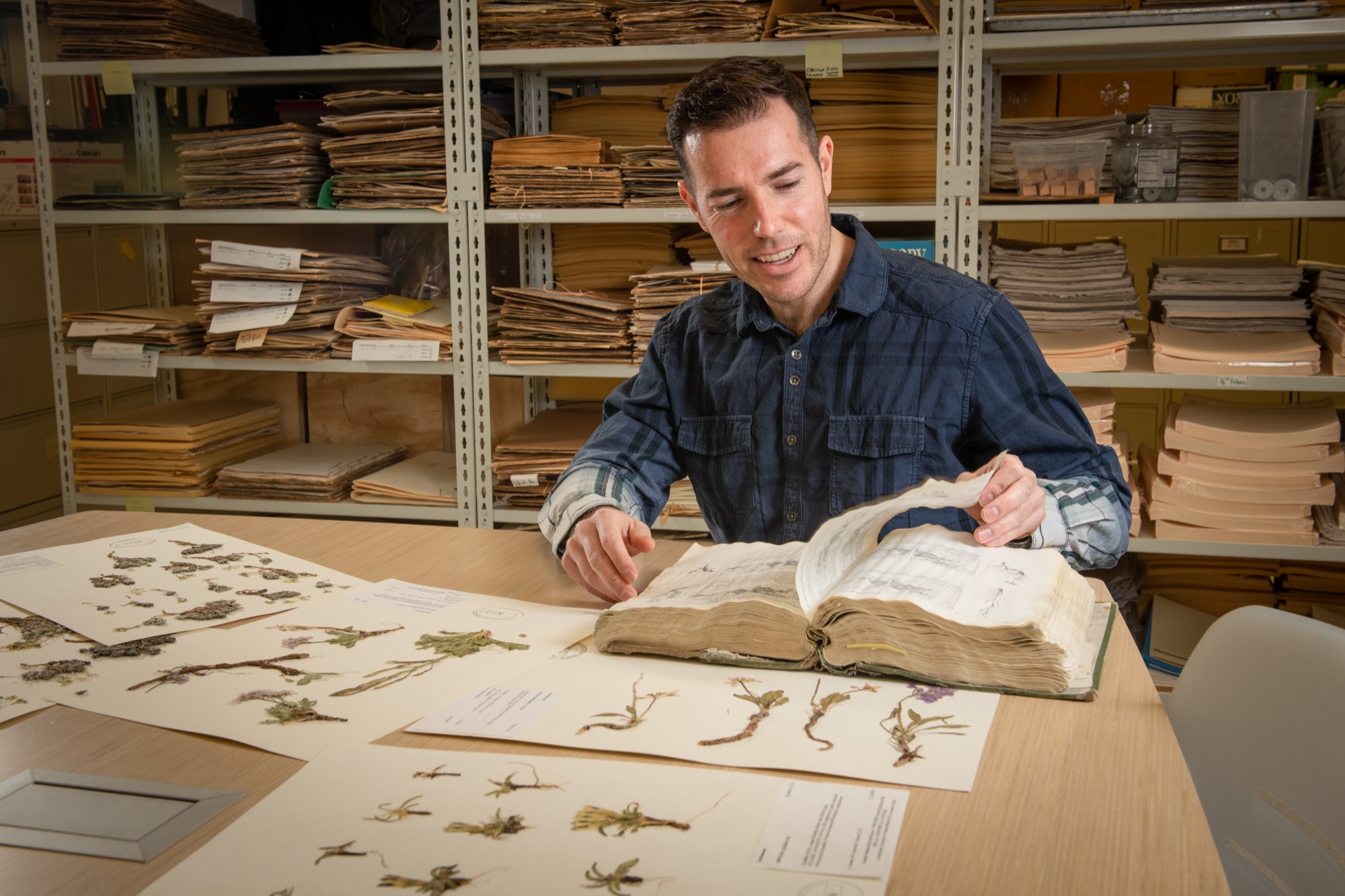Dr. Tom Nighswander honored with Meritorious Service Award at 2019 Spring Commencement
by Michelle Saport |
 Tom Nighswander, M.D., has been a leader and innovator in rural health in Alaska -
and the world - since 1972, working to improve health care by adapting technologies,
sharing knowledge and treating patients one on one.
Tom Nighswander, M.D., has been a leader and innovator in rural health in Alaska -
and the world - since 1972, working to improve health care by adapting technologies,
sharing knowledge and treating patients one on one.
Originally from Kent, Ohio, Nighswander married his high school sweetheart Ruth in June of 1964 - and they left for Peace Corps training the very next day. Expecting to be teachers, they found themselves working on a tuberculosis crisis in Malawi.
Inspired by their experience, Nighswander completed a medical degree at Case Western Reserve University and launched his career with the Public Health Service in Alaska where he has worked with the Alaska Native Medical Center to improve health care in remote areas.
Nighswander's vision to expand access to health care also includes innovative solutions. From 1999 to 2007, he formed the Alaska Telehealth Advisory Commission to advance health care with telecommunications. This gave rise to Alaska's eHealth Network, enabling patients and health care professionals to consult electronically throughout the state.
Nighswander has also dedicated the last 20 years as a professor and regional dean of the WWAMI Regional Medical Education Program, with the goal of increasing the number of physicians in underserved areas across Washington, Wyoming, Alaska, Montana and Idaho.
Additionally, Nighswander's community service extends well beyond the workplace. He has chaired a host of committees, addressing issues from alcohol abuse to cancer research, and has served on the executive boards of Commonwealth North, United Way and many other nonprofit organizations.
The Nighswanders returned to Malawi twice - the first time in 1984 when the Ministry of Health recruited them for a year-long assignment to develop a National Health Plan. The second time was in 2000, when a friend asked them to help set up the Malawi Children's Village, a program to provide basic needs and education for some 3,000 orphans. Ever since, they have dedicated several weeks a year living and working in the village.
 "Dr. Tom Nighswander honored with Meritorious Service Award at 2019 Spring Commencement" is licensed under a Creative Commons Attribution-NonCommercial 4.0 International License.
"Dr. Tom Nighswander honored with Meritorious Service Award at 2019 Spring Commencement" is licensed under a Creative Commons Attribution-NonCommercial 4.0 International License.














